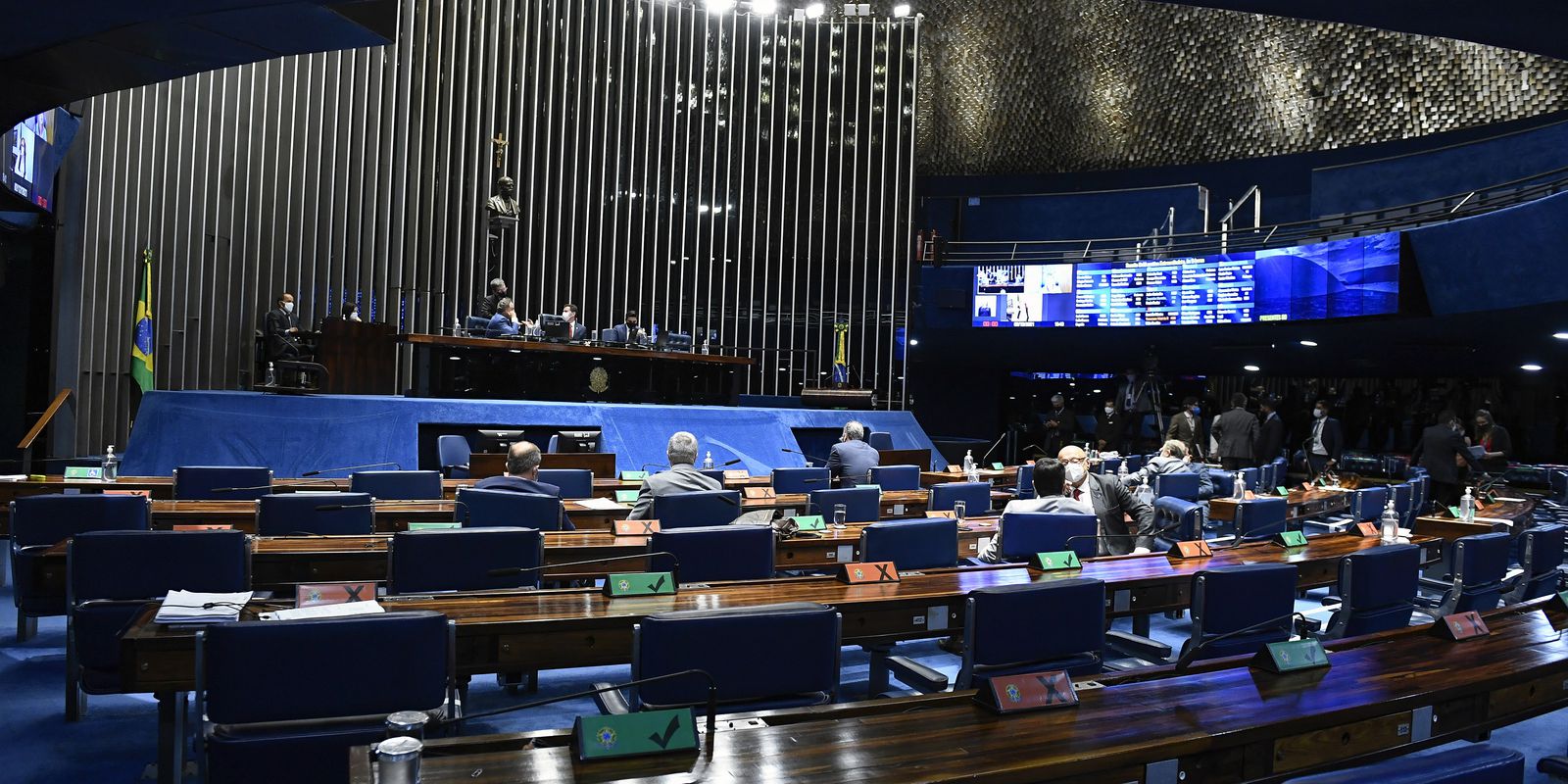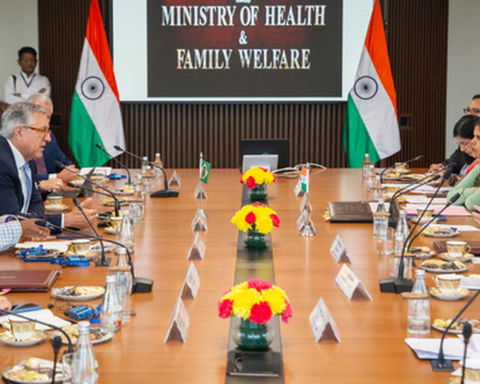The Senate plenary unanimously approved this Tuesday (29th) the project that expands comprehensive care for women by the Unified Health System (SUS) in the prevention and treatment of cervical, breast and colorectal cancers. . The text is sent for sanction by the Presidency of the Republic.
The proposal determines that mammography, cytopathology and colonoscopy be performed by the SUS for all women from puberty and no longer from 40 years of age or with the beginning of sexual life. Until then, the legislation established that mammograms should be performed on women over 40 years of age.
For the rapporteur, Senator Marcelo Castro (MDB-PI), the proposal will allow women access to mammography, cytopathology and colonoscopy in a timely manner to prevent the emergence of this type of disease.
“Early prevention, diagnosis and treatment of these diseases help to avoid or minimize the devastating impacts that such pathologies can cause in the lives of women and their families, while saving resources for the SUS, by avoiding treatments. longer and more complex, in addition to being more ineffective”, justified the congressman.
Castro also defended the inclusion of colorectal cancer in the project, when analyzed by the Chamber of Deputies. According to the parliamentarian, this type of cancer has a high incidence in the female population, especially in the Southeast and South regions. According to the National Cancer Institute (INCA), it ranks second in terms of incidence among women.
“In addition to including attention to colorectal cancer among the actions provided for by the law, the project amended by the Chamber of Deputies promotes other relevant changes, such as guaranteeing access to colonoscopy and the elimination of age references and the beginning of sexual activity as milestones to be observed in order to ensure, respectively, access to mammographic and cytopathological exams”, explained the rapporteur.
The text also establishes the beginning of puberty as the criterion to be considered for the purposes of access to diagnostic tests for cancers covered by the law.
















